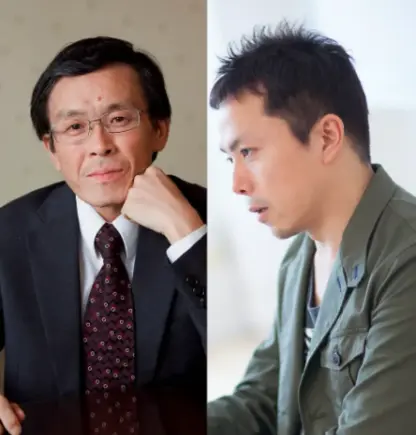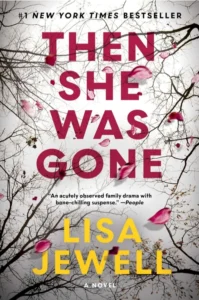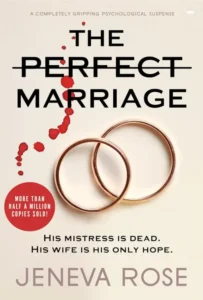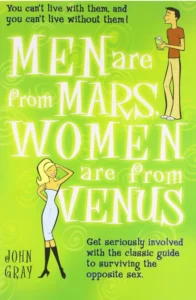
Let me tell you about a book that completely changed the way I think about life, relationships, and myself. It’s called The Courage to Be Disliked by Ichiro Kishimi and Fumitake Koga. And honestly? It’s one of the most thought-provoking books I’ve ever read.
Table of Contents
ToggleNow, I know what you’re thinking—philosophy and self-help books can be dense, boring, or just plain hard to get through. Trust me, I’ve been there. But this book? It’s different. It’s written as a conversation between a wise philosopher and a young man searching for answers. And it’s not just about giving you advice; it’s about making you question everything you think you know.
So, if you’ve ever felt stuck, frustrated, or just curious about how to live a better life, this book might be exactly what you need. Let me break it down for you—why it’s so special, what I learned from it, and why I think you should read it too.
The Courage to Be Disliked
The title itself is a bold statement: The Courage to Be Disliked. And let me tell you, this book lives up to its name. As you read it, there will be moments that trigger you. There will be ideas you’ll want to argue with. And that’s the point. Those moments of discomfort? They’re showing you the areas in your life that need work.
This book isn’t here to coddle you or tell you what you want to hear. It’s here to challenge you. And that’s why I think it’s so powerful. It’s not just a book; it’s a mirror. It reflects the parts of yourself that you might not want to see but need to.
Four Key Takeaways That Changed My Perspective
While I can’t cover the entire book in this article (you really need to read it for yourself), I want to share four key takeaways that have stayed with me. These are the ideas that made me stop, think, and reevaluate how I approach life.
1. Trauma Doesn’t Exist
I know this one sounds controversial—maybe even triggering. But hear me out. The book argues that trauma doesn’t exist in the present moment. What happened in the past has already happened. The only thing keeping that trauma alive is your own ego—your sense of self that’s built around it.
This was a game-changer for me. It’s not about dismissing your pain or belittling your experiences. It’s about realizing that you have the power to let go of the stories you’ve been telling yourself. Your trauma doesn’t define you unless you allow it to.
2. Separation of Tasks
This one is all about boundaries. The book explains that many of our problems stem from trying to control things that aren’t ours to control—like how other people perceive us or react to us. The philosopher argues that someone else’s perception or response is their task, not yours.
This idea of separating tasks is incredibly freeing. It’s about focusing on what you can control—your actions, your choices—and letting go of the rest. It’s a reminder that you can’t control everything, and that’s okay.
3. Life Lies
This was a term I’d never heard before reading this book. Life lies are the false beliefs we carry with us—beliefs that shape how we see the world and ourselves. For example, many people believe that their past controls their future. But the book argues that this is a lie. While your past has shaped you, it doesn’t define you. Every moment offers a fresh choice, a new opportunity to change.
Another life lie? The idea that freedom is something you’ll achieve in the future. The truth is, freedom is available to you right now, in the present moment.
4. Seeing Life from a Bigger Perspective
Towards the end of the book, the philosopher encourages the young man to see life from a broader perspective—not just through his own limited lens, but through the lens of community and connection. This reminded me of a beautiful quote by Rabindranath Tagore: “He who plants trees, knowing he will never sit in their shade, has understood the meaning of life.”
This idea of contributing to something bigger than yourself is at the heart of the book’s message. It’s about finding meaning and purpose by looking beyond your own needs and desires.
One Thing I Didn’t Love
Now, as much as I adore this book, there’s one thing that didn’t sit well with me. The philosopher often references a man named Adler, who was a contemporary of Sigmund Freud. While I appreciate the historical context, I felt like the constant references to Adler could lead to hero worship—something the book itself warns against.
It’s a reminder to focus on the message, not the messenger. As Jiddu Krishnamurti once said, “No one listened to the Buddha, and that is why we have Buddhism.” The same applies here. Don’t get caught up in the name-dropping; focus on the ideas.
Final Thoughts
The Courage to Be Disliked is not an easy read, but it’s a necessary one. It’s a book that will challenge you, provoke you, and maybe even change you.
So, if you’re ready to question your beliefs, confront your fears, and embrace the courage to be disliked, this book is for you. Trust me, it’s worth every page.

Ichiro Kishimi is a Japanese philosopher and writer. He was born in Japan and studied Greek philosophy. He likes to teach about Alfred Adler’s ideas.
Kishimi wrote The Courage to Be Disliked with co-author Fumitake Koga.
He also writes about psychology and human relationships. Many people around the world read his books.
How useful was this post?
Click on a star to rate it!
Average rating 5 / 5. Vote count: 1
No votes so far! Be the first to rate this post.
We are sorry that this post was not useful for you!
Let us improve this post!
Tell us how we can improve this post?



